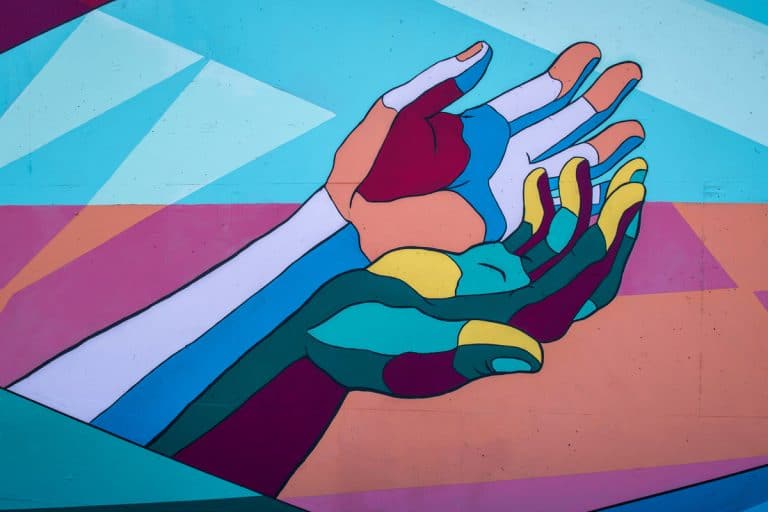1 in 5 COVID-19 patients are diagnosed with a mental illness within 3 months

Soon after the coronavirus pandemic started, we saw a sharp increase in reports linking survivors of COVID-19 with the development of mental health problems. But until now, nothing had fully proved how bad the situation was. Finally, we have some numbers to back those claims.
A new study published in The Lancet Psychiatry has found that almost one in five people who have had COVID-19 have also later on been diagnosed with a mental illness within three months of testing positive. How were these calculations made and what does it mean for the double-edged sword that is coronavirus?
For months now, we have been warned of an oncoming ‘tsunami of mental health problems’ due to the pandemic. Professor Til Wykes, Vice Dean for Psychology and Systems Sciences at King’s College London’s Institute of Psychiatry, Psychology and Neuroscience, who was not involved in this research, told the MIT Technology Review that “We know from previous pandemics that mental health difficulties usually follow in survivors, and this study shows the same pattern after COVID-19, so it is not unexpected.”
To calculate the exact consequences of testing positive for coronavirus and coming out of it alive, researchers from Oxford University and NIHR Oxford Health Biomedical Research Centre gathered the electronic health records of 70 million patients in the US, including 62,354 who had been diagnosed with COVID-19 from 20 January to 1 April 2020, but did not need to be hospitalised.
They found that 18 per cent of patients were diagnosed with a mental health issue in the 14 to 90 days after a diagnosis. Then, to differentiate how COVID-19 patients reacted compared to those suffering from other diseases, the team of researchers compared data with six other conditions (including flu and fractures) over the same time period.
Data showed that the likelihood of a COVID-19 patient being diagnosed with a mental health issue for the first time was twice that of those with other conditions. Anxiety disorders, insomnia, and dementia were the most common diagnoses.
On top of that, people with a pre-existing mental health condition—in particular, attention deficit hyperactivity disorder, bipolar disorder, depression, or schizophrenia—were 65 per cent more likely to be diagnosed with COVID-19.
Vaccines coming shortly or not, this study highlights how urgent the need for more mental health support is as more well-being problems appear across society in the coming months and even years. This collective trauma we’re going through will not heal itself without the necessary support. The loss of control over some major aspects of our lives and the lack of a clear endpoint to the situation led many of us to spiral into a diagnosable mental health problem, without even being diagnosed with coronavirus.
Obviously, we’re not all going through the same thing and coping during the COVID-19 pandemic can mean different things to different people. For example, healthcare workers as well as coronavirus patients are at an increased risk of such issues. The stress they have been under (and still are) could take months to be processed, which means we won’t know the pandemic’s full impact for a while.
Until then, putting a support system in place becomes our only hope at overcoming what has been one of the hardest years of the century.





